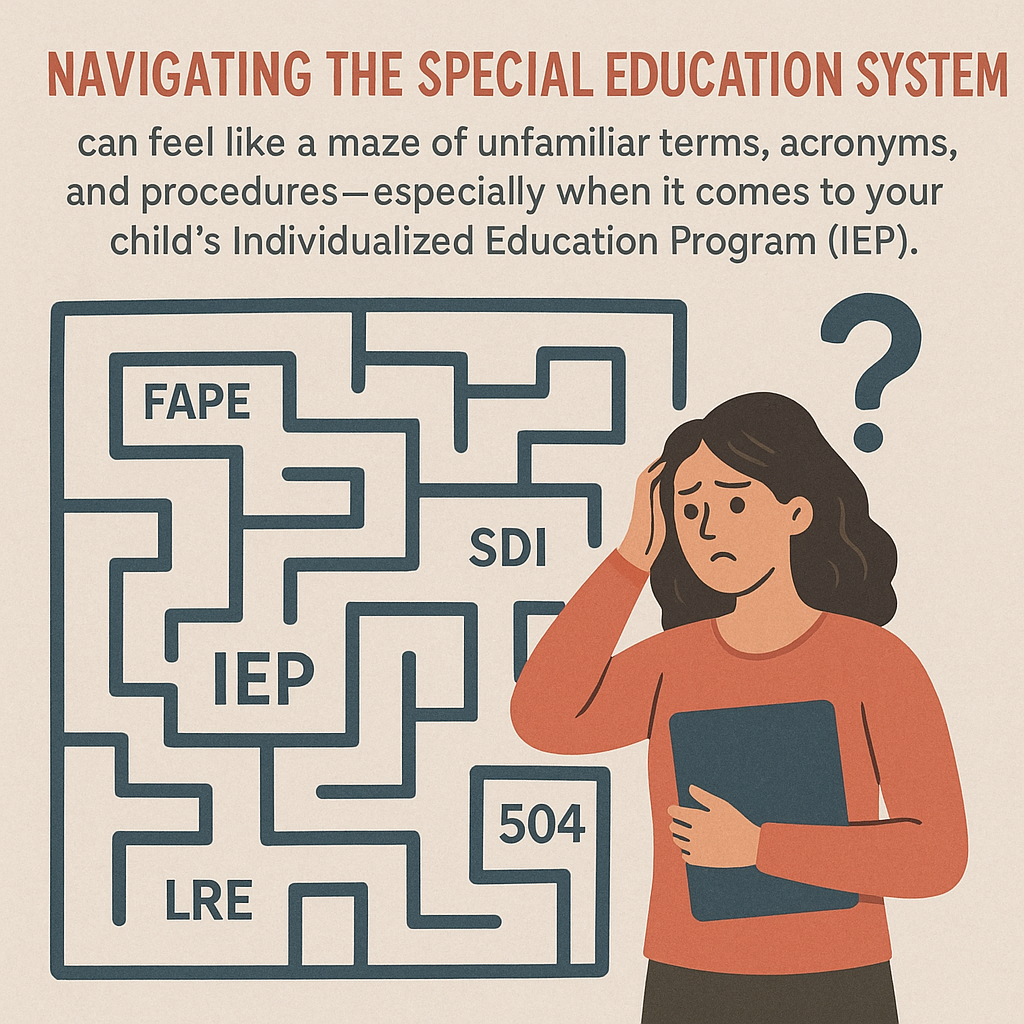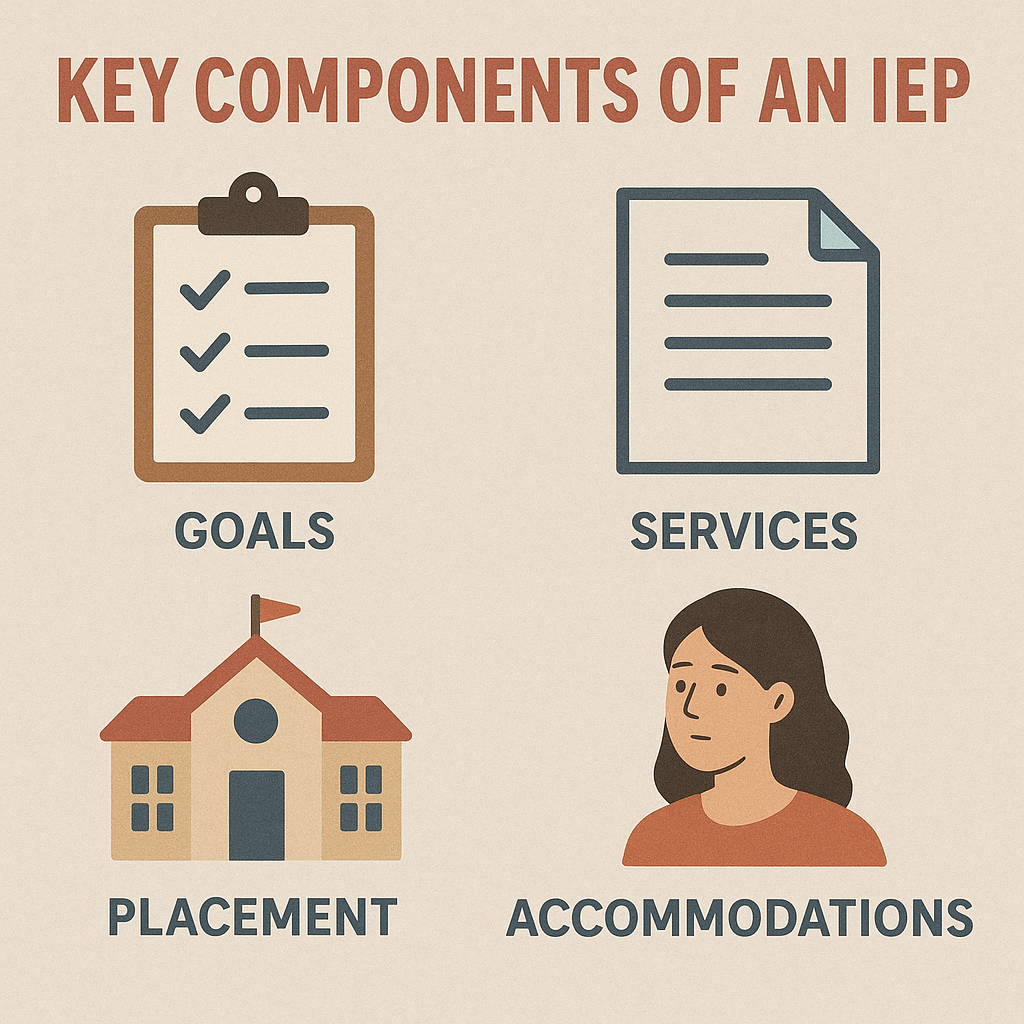Understanding the Importance of IEPs for Your Child's Success
Discover how Individualized Education Programs (IEPs) can transform the educational experience for children with disabilities, ensuring they receive the tailored support they need to thrive.
Personalized Learning Plans
IEPs provide customized educational strategies to meet each child’s unique needs.
Collaborative Approach
IEPs involve parents, teachers, and specialists working together for the child’s benefit.
What is an Individualized Education Program (IEP)?
Key Components of an IEP
An IEP is a comprehensive plan that outlines specific educational goals and the means to achieve them, ensuring each child’s unique needs are met.
Tailored Educational Goals
IEPs set personalized learning objectives that align with the student’s abilities and aspirations, promoting measurable progress.
Specialized Support Services
IEPs include access to specialized services such as speech therapy, occupational therapy, and counseling to support holistic development.
Regular Progress Monitoring
IEPs involve continuous assessment and adjustments to ensure the educational strategies remain effective and relevant.
Parental Involvement
IEPs encourage active participation from parents, ensuring they are integral partners in their child’s educational journey.
Understanding Individualized Education Programs (IEPs)
What is an Individualized Education Program (IEP)?
An IEP is a customized educational plan designed to meet the unique needs of a child with a disability. It outlines specific goals and the services the child will receive to support their learning.
Who is eligible for an IEP?
Children who have been evaluated and identified as having a disability that affects their learning are eligible for an IEP. This includes students with conditions such as dyslexia, ADHD, autism, and more.
How is an IEP developed?
An IEP is developed through a collaborative process involving educators, parents, and specialists. Together, they assess the child’s needs and set achievable goals, determining the best strategies and resources to support the child’s education.
What role do parents play in the IEP process?
Parents are key members of the IEP team. They provide valuable insights into their child’s strengths and challenges and collaborate with educators to ensure the IEP is tailored to their child’s needs.
How often is an IEP reviewed?
An IEP is reviewed at least once a year to assess the child’s progress and make necessary adjustments. However, parents or educators can request a review at any time if they feel changes are needed.
How to be a Success Story With an IEP
Get Involved with ACT GA
Empower your child’s education by learning more about IEPs and how they can benefit your family. Join ACT GA in advocating for educational equality and access to resources. Together, we can make a difference in the lives of children across Georgia.


